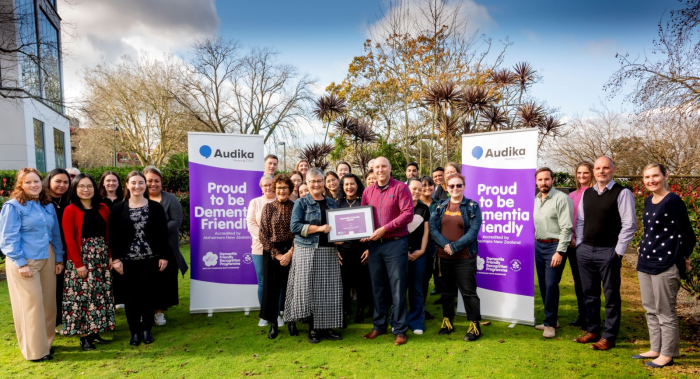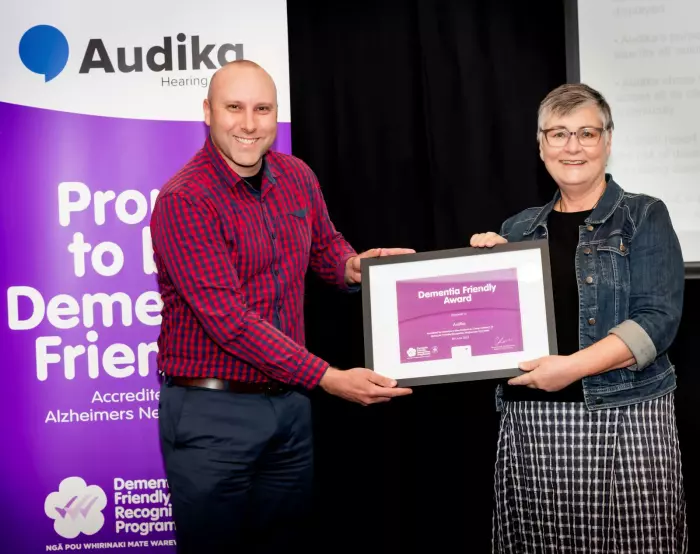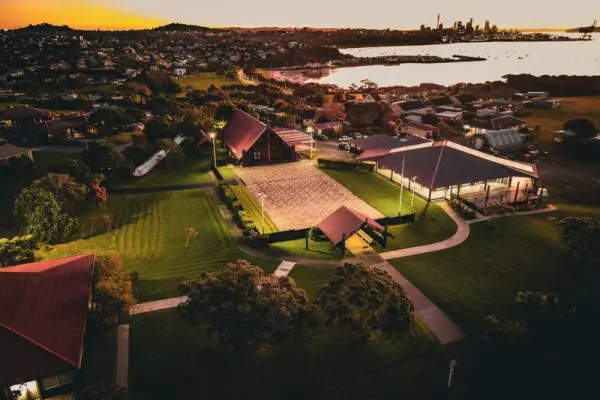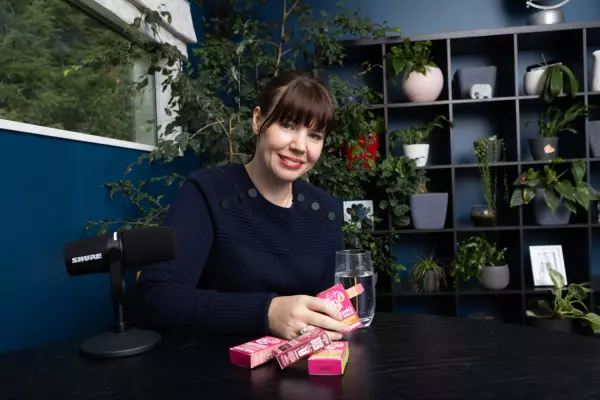A New Zealand hearing healthcare provider has committed to tweaking its practices to accommodate the growing population experiencing cognitive decline.
In doing so, Audika NZ has become the first hearing provider to become dementia-friendly accredited, and is encouraging others in the industry to follow suit.
Michael Severn, general manager at Audika NZ, said he finds as an audiologist, the links between dementia and hearing loss are becoming more and more relevant.
He said research suggested hearing loss is one of 12 modifiable risk factors for developing dementia.
“If we're able to treat hearing loss earlier, the risks of developing dementia are reduced. Obviously, being in the hearing profession, it resonated with me," Severn said.
Dementia-friendly status
His mission for the business is to stay dementia-friendly because the population diagnosed with the disease is expected to grow significantly in NZ – from the current estimated 70,000 to more than 170,000 by 2050.
“Knowing those links now and understanding it's a whole wellbeing piece; if you look after your body, your hearing, your eyes and stay active, then some of these may reduce the risk of cognitive decline later in life.”
Severn said Audika NZ mainly works with the elderly, and clients often have cognitive decline and dementia.
Clinical trainers in Audika from Australia and NZ came across the dementia-friendly framework, he said.
“They were looking into client-centred care and things we could do to try and improve that even more in the clinic."
Those clinical trainers presented their findings to the leadership team. The initiative was immediately adopted and put into the business plan.

The team celebrated qualifying for the accreditation. (Image: Audika)
“We value the feedback from the team. And if there's a good suggestion, then we'll definitely listen to it. And this was one of those,” he said.
Not long after, Severn’s team across the country started the two-year journey toward becoming dementia-friendly accredited, which he describes as quite an involved process.
A pleasant outcome
Audika NZ has worked with local dementia and Alzheimer's organisations throughout NZ and representatives have started attending Alzheimer's disease conferences.
The company has also had independent audits and staff have had to complete education modules.
To be accredited, Audika NZ had to consider the physical spaces within the clinics, such as adequate lighting, level flooring, ensuring brochures on display are easy to read and the layout of the clinic. It couldn't be a 'rabbit warren', he said.
Despite the two-year commitment, the company was really pleased with the outcome.
“It is a long-term investment. We would advocate other businesses and other hearing organisations and providers to do the same. Because it is for the wellbeing of the community.”
Severn said Audika’s purpose was to provide hearing health care, and he understood every individual is unique.
“We've been told by Alzheimer's NZ that when you meet one person with dementia, you only meet one person with dementia. Everyone is different.”















